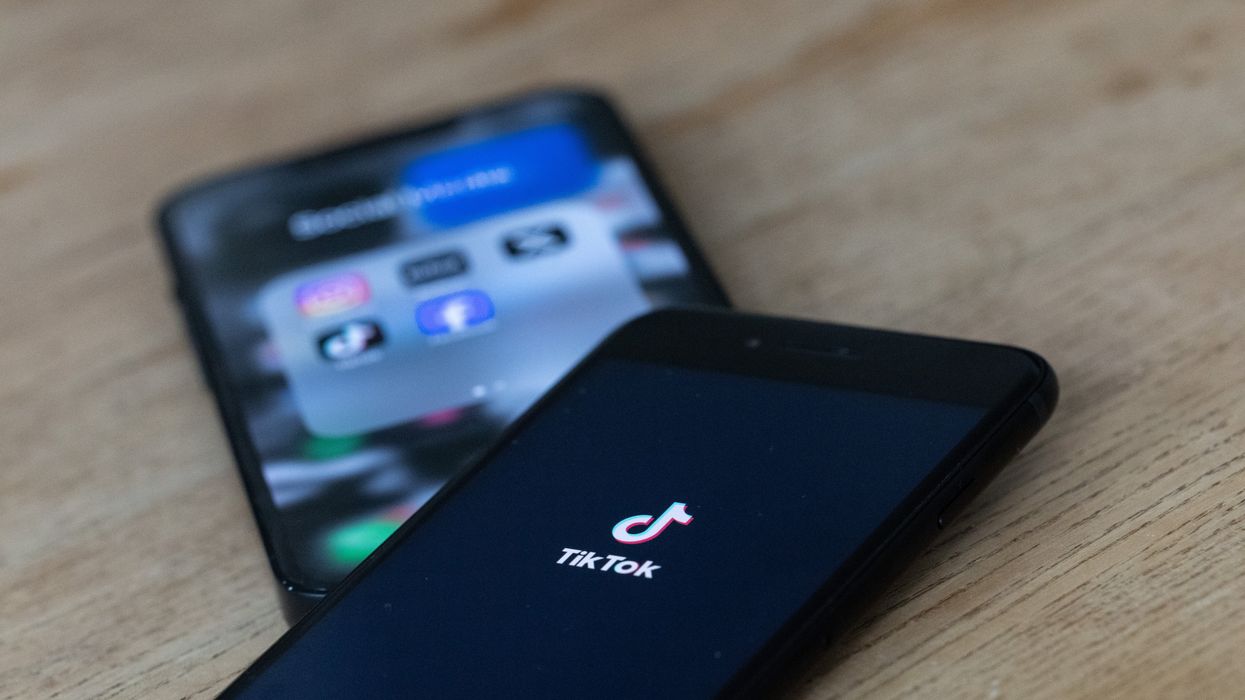This fact brief was originally published by Wisconsin Watch. Read the original here. Fact briefs are published by newsrooms in the Gigafact network, and republished by The Fulcrum. Visit Gigafact to learn more.
Has TikTok increasingly become a news source for Americans under age 30?
Yes.
TikTok, the social media platform known for video-sharing, is used for news by an increasing number of Americans under age 30.
About 32% of U.S. adults age 18 to 29 regularly get news from TikTok, up from 9% in 2020, according to a Pew Research Center poll of U.S. adults done Sept. 25-Oct. 1, 2023.
Globally, 20% of 18- to 24-year-olds use TikTok for news, according to a June 2023 report from the Reuters Institute for the Study of Journalism. That’s up from 15% a year earlier.
Republican U.S. Rep. Mike Gallagher, who represents northeast Wisconsin, introduced legislation in December 2022 to ban TikTok in the U.S.
On March 11, 2024, the House of Representatives approved a different Gallagher-sponsored bill that would ban “foreign adversary-controlled” TikTok unless its Chinese owners gave up ownership the company.
TikTok said in March 2023 it has 150 million U.S. users.
This fact brief is responsive to conversations such as this one.
Pew Research Center More Americans are getting news on TikTok, bucking the trend seen on most other social media sites
Reuters Fewer people trust traditional media, more turn to TikTok for news, report says
U.S. Rep. Mike Gallagher Gallagher, Rubio Introduce Bipartisan Legislation to Ban TikTok
US Congress H.R.7521 - Protecting Americans from Foreign Adversary Controlled Applications Act
US Congress Summary: H.R.7521 — 118th Congress (2023-2024)
TikTok Celebrating our thriving community of 150 million Americans




















Trump & Hegseth gave Mark Kelly a huge 2028 gift